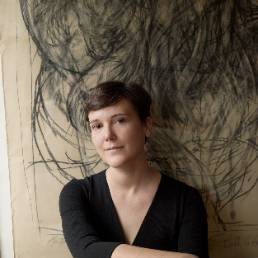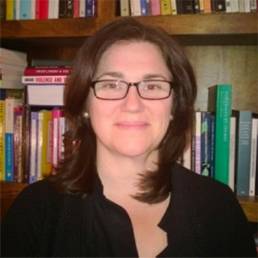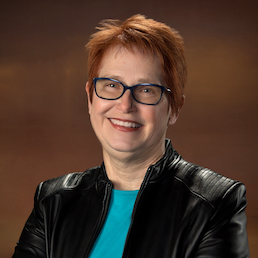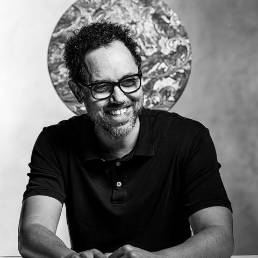The Department of Fine Arts is committed to inviting guest artists/scholars to represent the different programs and disciplines within the department. Fine Arts intends to invite at least one distinguished visiting artist/scholar per academic year, ideally each October, rotating between the various disciplines (art education, art history, and studio art). The goal of the Distinguished Visiting Artist and Scholar Series is to expose students, faculty, and the campus community to artists, art and architectural historians, art educators, museum curators, and other art professionals whose work has had a transformational impact in the visual arts. Visitors may conduct workshops or demonstrations, participate in class or studio visits, deliver a keynote lecture, or engage in guest critiques.
Full-time faculty, staff, adjunct faculty, and students are encouraged to submit nominations for the 2023-2024 Distinguished Visiting Artist and Scholar. Submit your nomination using this form by December 12, 2023. Note: staff, adjunct faculty, and students will be requested to submit a brief letter of sponsorship from a full-time Fine Arts faculty member in support of their nomination.
Coming soon...

Visited: October 24, 2023
The world’s largest Confederate monument is carved into the granite cliff face of
Stone Mountain, outside Atlanta, Georgia. The park surrounding the monument remains
the state’s most-visited tourist destination. Begun in 1915 and finished only in 1972,
the monument has been used as a tool for embezzling donations, a rallying-point for
resistance to integration, and an inspiration for the revival of the Ku Klux Klan
– not once but twice. This talk argues that understanding the monument’s long history
is crucial to current debates about whether it – and America’s many other controversial
monuments – should be preserved, modified, or removed.

Visited virtually on: March 30, 2023
Dr. Isabelle Loring Wallace currently serves as Associate Director of Research and
Graduate Studies at The University of Georgia. Her research focuses on a wide range
of objects and images, ranging from mid-twentieth-century American painting to early
twenty-first-century photography, video, and installation. She is the author of numerous
articles and exhibition catalogue essays on artists such as Manet, Duchamp, Jenny
Saville, Wim Delvoye, Christian Jankowski, Iñigo Manglano-Ovalle, and Paul Pfeiffer,
and the co-editor of three anthologies that reflect her commitment to thinking about
contemporary art within broad cultural and historical contexts: Contemporary Art and Classical Myth, co-edited with Jennie Hirsh (Ashgate/Routledge 2011); Contemporary Art About Architecture: A Strange Utility, co-edited with Nora Wendl (Ashgate/Routledge 2013); Ventriloquism, Performance and Contemporary Art, co-edited with Jennie Hirsh (Routledge 2023).

Visited on: September 20, 2022
Kathryn Vajda is the Assitant Clinical Professor of Art at Alfred University. It this lecture, she discussed photo-based digital prints of structures constructed from ice and snow using disposable single-use plastic packaging. Plastics are extracted from fossil fuels, contribute to climate change, and never decompose. The work is created in a battle against the unsustainable use of resources.

Visited on: February 11, 2022
Rachel Hooper is a Professor of Art History at the Savannah College of Art and Design. Summary of Lecture: The U.S. Civil War and Reconstruction were defined by intense racial politics as chattel slavery ended and frontiers were pushed west. Some of the first encyclopedic art museums in the U.S. were formed at this time, and prominent galleries gathered artworks from around the world to tell racialized narratives of progress. Acknowledging the ways in which art was involved in the politics of ethnology in the Civil War era can help us grapple with the legacy of this complicity.
